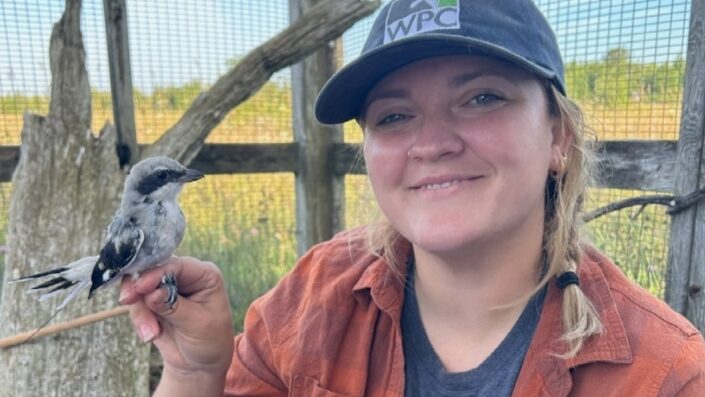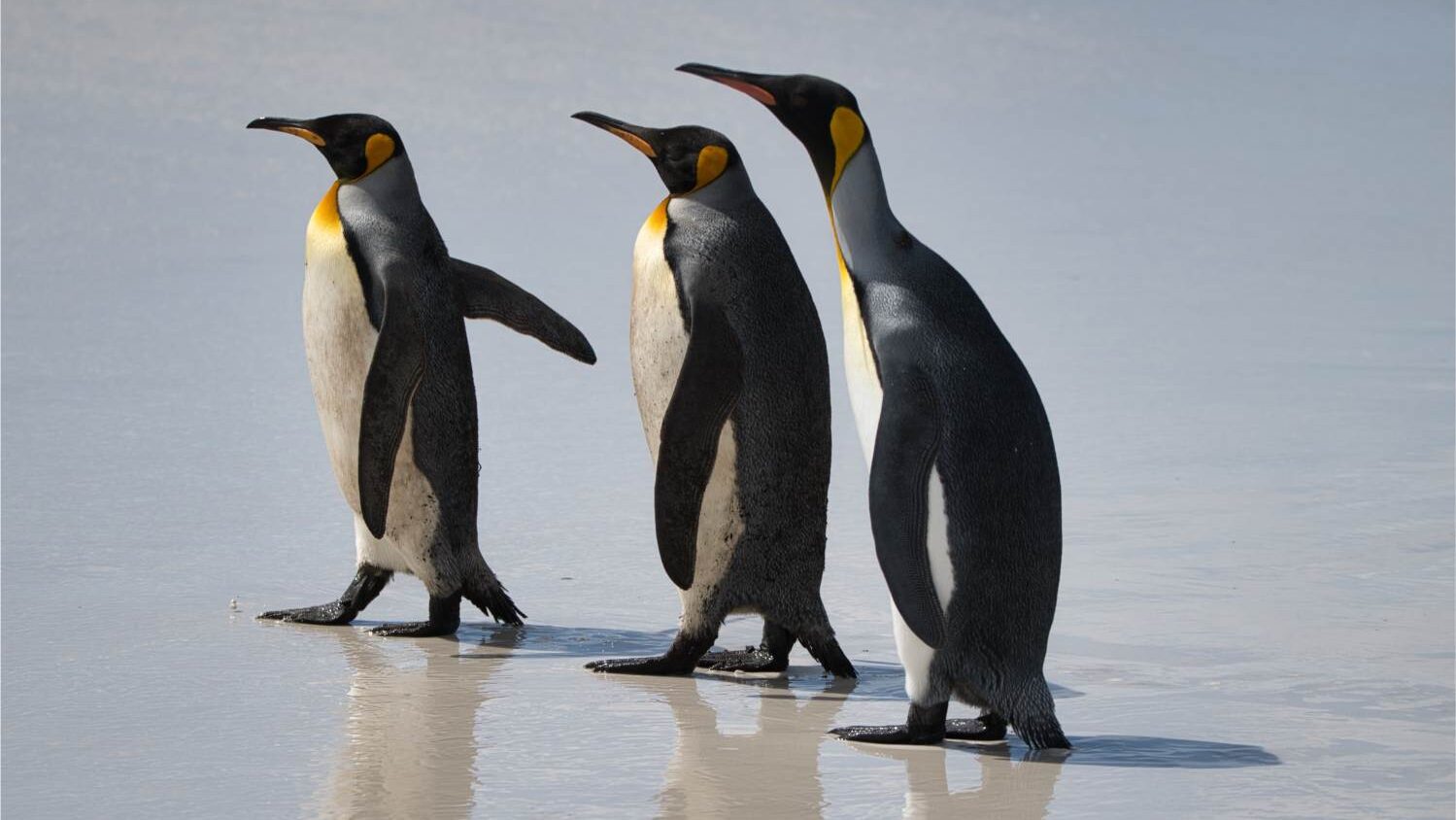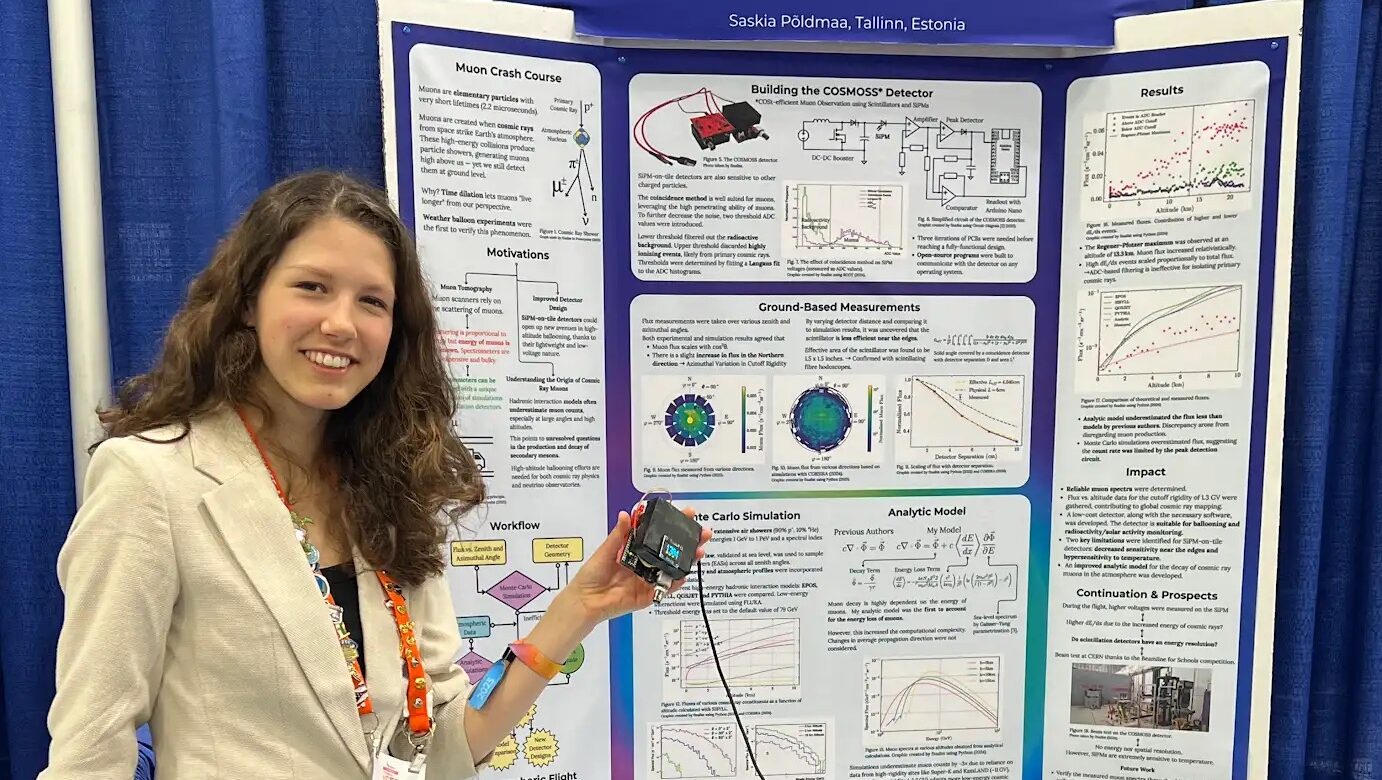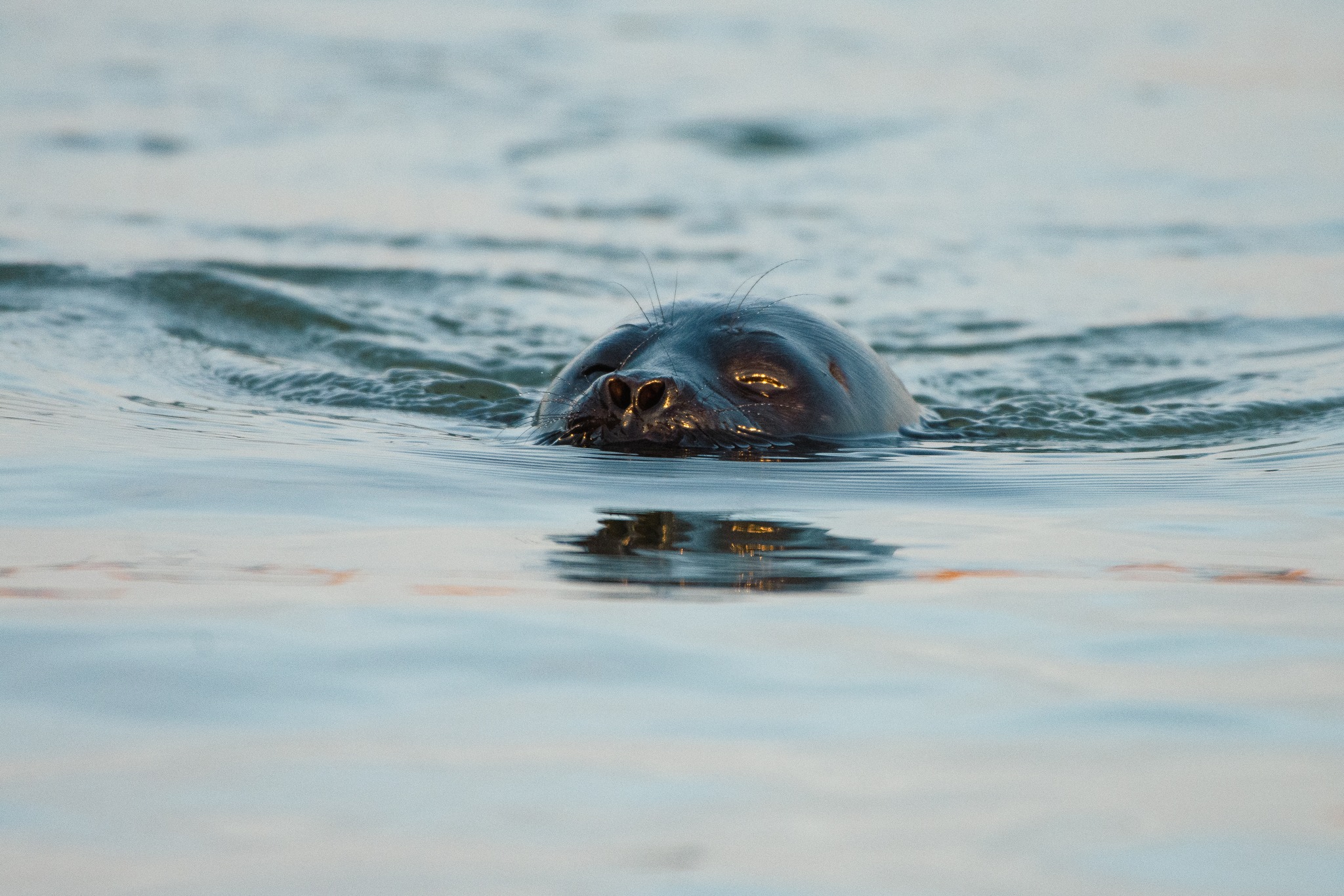Growing up, Hess was involved in all the “classic” Toronto-Estonian extracurriculars and activities. She was in the Estonian Girl Guides, went to summer camp at Kotkajärv, and spent time at Jõekääru and Seedrioru. Currently, she's involved in the Toronto-Estonian choirs and will be participating in Estonia's national song festival next year. She also teaches at Hamilton Estonian School and continues to be involved with Seedrioru.
“Things like floating down the river through Elora, finding crayfish, and walking through the woods made me okay with being uncomfortable outside.”
(Helmi Hess)
Hess partly attributed these experiences to her decision to pursue wildlife biology. “I think spending so much time outside exploring at camp definitely influenced my career decisions. Things like floating down the river through Elora, finding crayfish, and walking through the woods made me okay with being uncomfortable outside,” she said.
Currently, Hess works with Wildlife Preservation Canada. This not-for-profit organization covers the jurisdiction of many close-to-extinct species which require hands-on intervention to maintain their population. “That means we do captive breeding of various animals, release them into the wild, monitor the wild population, and collect data to ensure what we're doing is helpful,” Hess explained.
Hess currently works to protect the Loggerhead Shrike, a unique predatory songbird that only breeds in a specific remote region of Ontario — and there are only about 100 or so left. Her year is split between spending time in the wilderness to collect data and analyzing, synthesizing, and sharing it during the off-season.
Though Hess enjoys both parts of the job, her lifestyle in the wilderness is especially stimulating and exciting:
“Typically, I wake up with the sun. I search various locations within a 50km radius of native grassland for the birds and their nests, find out their behaviours, keep track of their eggs so we can catch them, and put bands on them accordingly. Most of my day involves hiking while carrying about 50 pounds of gear. But even when I don't see many birds, I still enjoy being in nature. I've seen so many cool plants, had bear encounters, and recently, I saw a bobcat up close. Every day, I learn something new. I love that my lifestyle gets so impacted by my job.”
Pursuing this lifestyle is not for the faint of heart.
Hess recalled her first fieldwork experience, where she was based on a completely uninhabited, kilometre-long island off the coast of New Brunswick. Her only connection with the outside world was via radio twice daily with nearby lobster fishermen.
When chatting about the adjustment between living in the wilderness and returning to city life, Hess recalled her first fieldwork experience, where she was based on a completely uninhabited, kilometre-long island off the coast of New Brunswick. Her only connection with the outside world was via radio twice daily with nearby lobster fishermen.
“For two out of the four months I was there, I was truly alone with no phone service. I returned from that experience, and it was like I forgot city customs. I would talk to myself out loud in public. I was so in tune with how the birds outside were communicating with each other. It felt more normal to talk to myself and nature than it did to other people,” she said.
“When I give advice to people wanting to pursue these kinds of fields, I always say that you should really explore what your preferred lifestyle is and if completely remote work excites you,” said Hess. “There are many ways to follow a similar career—you don't have to live fully remotely to make an impact. To make sure you're happy doing something like this, what matters most is that you're honest with yourself about where your passions lie and how your work can best suit your lifestyle,” she added.
Quotes have been edited for clarity and length.
This article was written by Natalie Jenkins as part of the Local Journalism Initiative.




